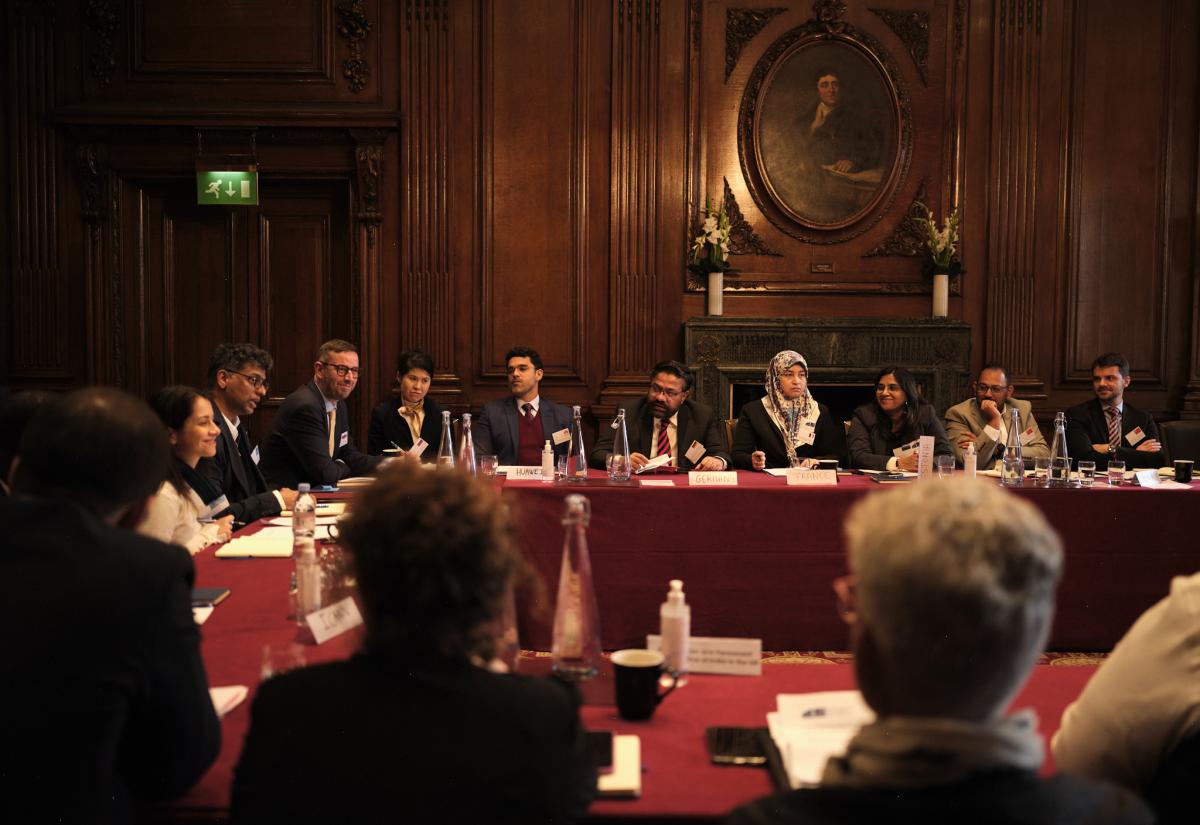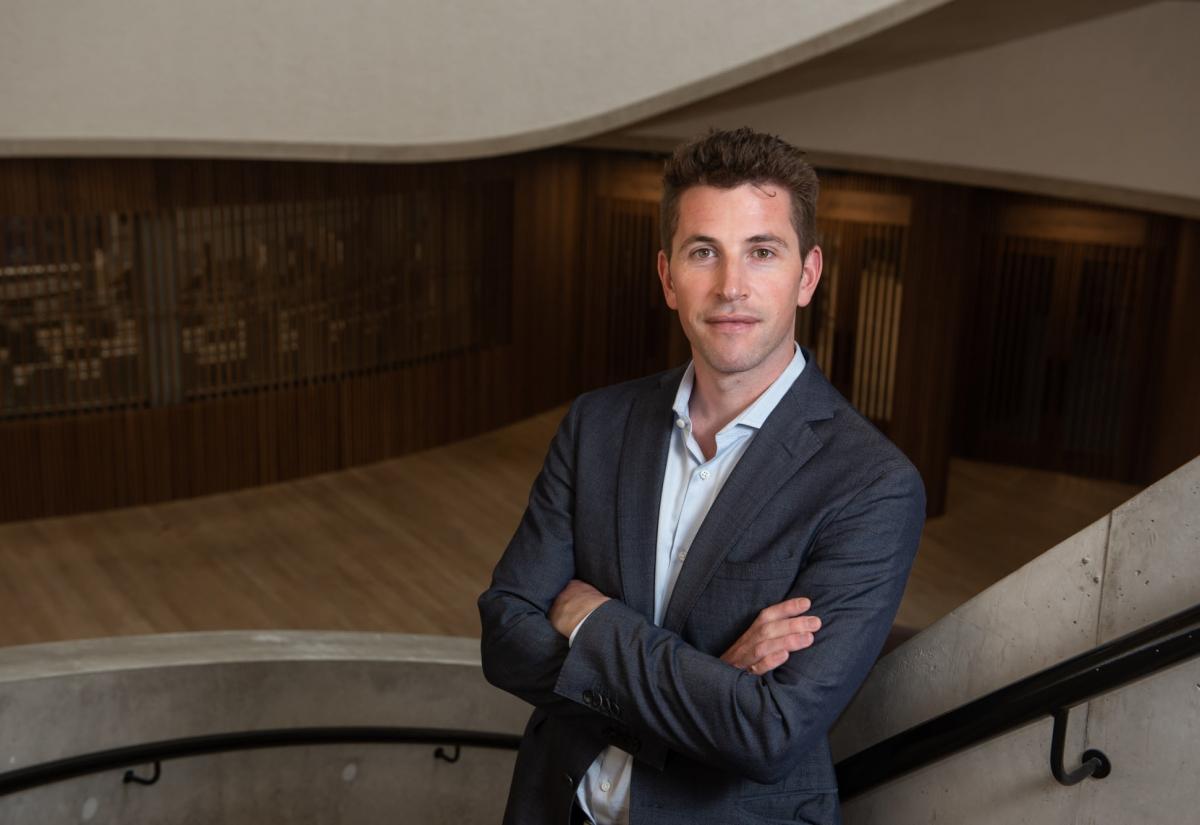Research on Inclusive Capitalism by Senior Research Fellow Eric Beinhocker* has been getting increasing traction in the policy world.
In an article for the journal Democracy (Winter 2014), Beinhocker, along with co-author Nick Hanauer, discussed what prosperity is, where growth comes from, why markets work—and how we resolve the tension between a prosperous world and a moral one. Their ideas have raised fundamental assumptions about the nature of economic growth and a quest for new models of inclusive, sustainable prosperity.
Beinhocker has spoken about the work in the US Senate, the White House, the OECD, with parliamentary leaders in the UK and, most recently, at the Aspen Institute's Idea's Festival.
The authors explain in a subsequent publication for the IPPR** journal, Juncture, “Traditional economic orthodoxy assumes that markets are efficient, people are rational, and economies naturally move to an optimal state. But we now understand that markets can be far from efficient, people are not always rational, and the economy is a complex, dynamic, evolutionary problem-solving system – more like an interdependent ecosystem than an efficient machine … This 21st-century way to understand economics allows us to understand capitalism as an evolutionary problem-solving system. It allows us to see that the solutions capitalism produces are what create real prosperity in people’s lives, and the rate at which we create solutions is true economic growth. This perspective also allows us to see that good moral choices will be the ones that create true prosperity.”
Beinhocker and Hanauer took their ideas to a meeting of the Senate Democratic Steering Committee, where the subject of the meeting was the state of America’s middle class. There, they discussed the stagnation of middle class incomes, the loss in middle class savings from the 2008 crisis, the decline in social mobility (the US now ranks behind many European countries in social mobility), and the dramatic rise of incomes and wealth in the top one percent.
They explained how recent evidence shows that “trickle down” is failing to provide the investment that the economy needs. People at the top of the income scale don’t drive that much consumption (even though they are rich and individually may spend a lot, there aren’t that many of them) and relatively few very wealthy people start new businesses. Rather growth comes from the “middle out” – healthy middle classes have historically been the foundation of both prosperity and democracy.
The research and subsequent engagement with thought leaders, policymakers and business people has led to various policy proposals that can help support the middle class and social mobility including tax reform, an increased minimum wage, corporate governance reform, and investments in education and infrastructure. Beinhocker and Hanauer are now collaborating with the Center for American Progress who have an initiative on middle-out economics to develop detailed policy recommendations.
Links:
- Read "Capitalism Redefined", Democracy, Winter 2014
- Find the article in IPPR's Juncture
- Find out more about the Middle Class project with the Center for American Progress
*Eric Beinhocker is also Executive Director of the Institute for New Economic Thinking at the Oxford Martin School
**IPPR is the UK-based think tank, Institute for Public Policy Research



